Hash oil is a highly concentrated cannabis extract with much greater THC levels than typical cannabis products. While it may offer increased benefits, its potential harms are also amplified.
Hash oil is a potent cannabis extract that can be inhaled, vaped, eaten, or applied topically. It is derived from cannabis plants and contains THC (delta-9-tetrahydrocannabinol), the same psychoactive compound found in other marijuana products.
The practice of using hash oil is sometimes referred to as “dabbing” or “burning.”
Because hash oil is more concentrated, it contains much higher amounts of THC. By comparison, average THC concentrations in whole-plant cannabis products are considerably lower.
Continue reading to learn more about hash oil and other marijuana concentrates, including their uses, advantages, and dangers.
About marijuana concentrates
Marijuana concentrates, such as hash oil, are potent extracts taken from cannabis plants. These products come in various textures and forms. The table below summarizes common types of hash oil.
NamesFormConsistencyTHC Level batter, budder liquid thick, spreadable 90 to 99 percent butane hash oil (BHO), butane honey oil, honey oil liquid gooey 70 to 85 percent crystalline solid crystal ~99 percent distillate liquid oily ~95 percent honeycomb, crumble, crumble wax solid spongy 60 to 90 percent pull-and-snap solid taffy-like 70 to 90 percent shatter solid glass-like, brittle 70 to 90 percent wax, earwax liquid thick, sticky 60 to 90 percentMost of the items listed above vary in color from golden to amber to deep brown. They can be translucent or solid in appearance.
Because of their strength, concentrates are typically sold in small amounts and can be more expensive per gram than other marijuana products.
Benefits
The potential benefits of hash oil are largely similar to those of marijuana. Hash oil can produce euphoria and may help alleviate nausea, pain, and inflammation.
Since hash oil is more concentrated than whole-plant cannabis, its effects are generally stronger. Consequently, it might offer more substantial symptom relief for people using marijuana medically, such as patients with chronic pain or cancer.
Additional research is required to clarify any unique advantages that hash oil and related concentrates might offer.
Side effects
The adverse effects of hash oil resemble those associated with marijuana. However, due to its greater potency, side effects may be more intense.
Short-term adverse effects may include:
- altered perception
- mood changes
- impaired motor skills
- reduced cognitive function
- memory impairment
- dizziness and fainting
- anxiety and paranoia
- hallucinations
- psychotic episodes
- cannabinoid hyperemesis syndrome (CHS)
- dependence
More study is needed to fully understand both the short- and long-term consequences of hash oil consumption.
Uses
There are multiple ways people consume hash oil.
Dabbing describes using a specialized pipe to heat and vaporize hash oil. Often called an “oil rig” or “rig,” this device is a water pipe with a hollow “nail” that fits into the pipe’s joint. Some users instead heat a small metal plate called a “swing.”
The nail or swing is commonly heated with a small blowtorch before a tiny amount of hash oil is placed on it using a dabber. The heat causes the oil to vaporize and be inhaled through the pipe, typically in a single, deep breath.
This technique carries extra danger because of the blowtorch, which increases the risk of burns.
Hash oil may also be smoked, vaped with other devices, eaten, or applied directly to the skin.
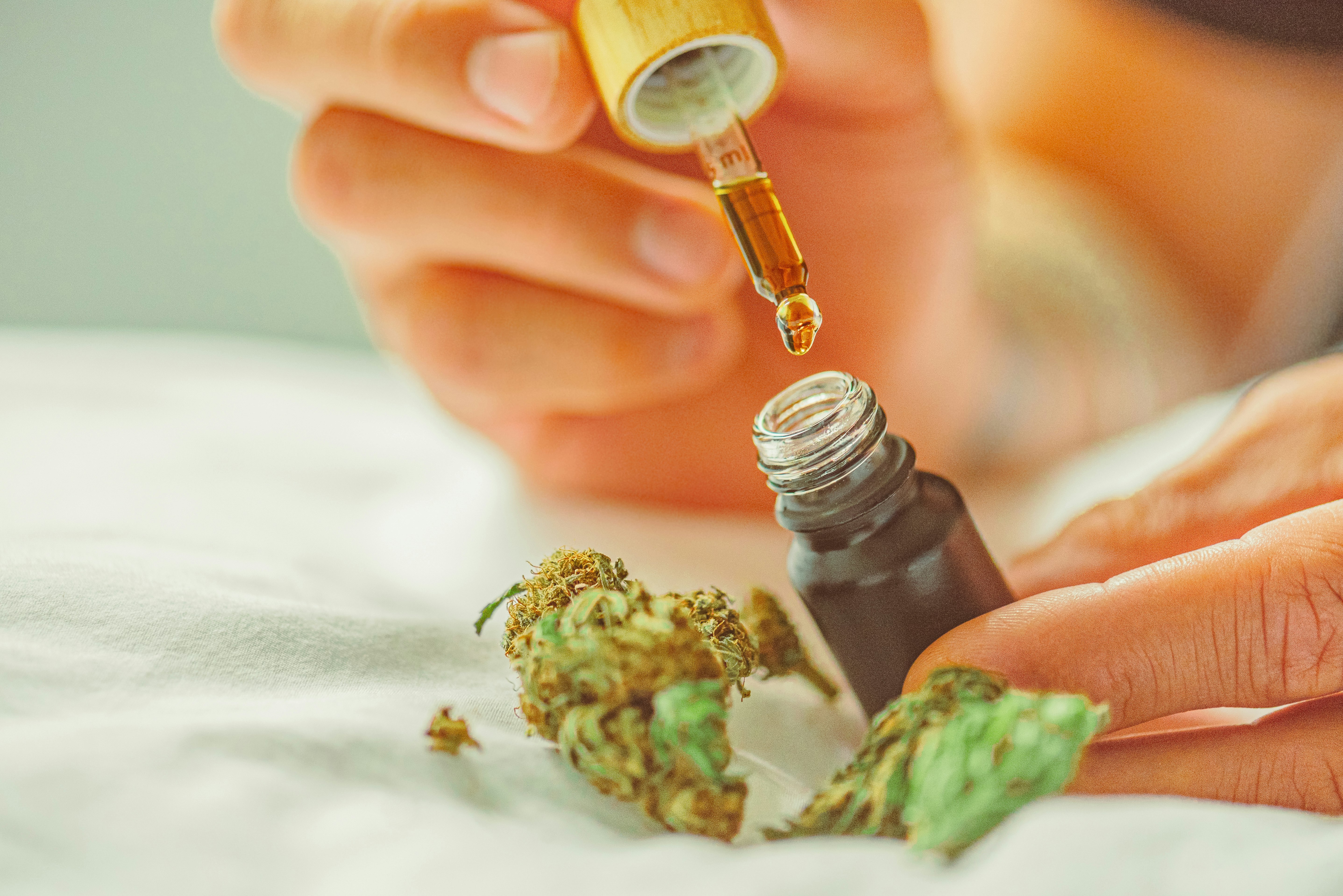
Risks
Hash oil — particularly illegally produced oil — presents distinct hazards. These include:
Safety. Few studies document the specific risks of hash oil, so its safety profile, appropriate dosing, and frequency of use are not well established.
Potency. Hash oil can be four to five times stronger than typical marijuana, making intense highs and unwanted side effects more likely, especially for novices.
Tolerance. High THC products like hash oil can raise your tolerance to regular cannabis.
Burn risk. Dabbing often uses a blowtorch. Operating a torch, particularly while intoxicated, can cause burns.
Chemical impurities. Illicit hash oil is unregulated and may contain dangerous remnants of butane or other solvents.
Lung injuries. A number of reports have suggested a connection between using dabbing rigs and respiratory symptoms similar to pneumonia.
Cancer risk. A 2017 study indicated that vapors from dabbing can include carcinogenic compounds.
Manufacturing methods
The final consistency of hash oil is often determined by the extraction method, as well as variables like heat, pressure, and humidity.
Marijuana concentrates are made using various techniques, including:
- oxygen (O2)
- carbon dioxide (CO2)
- ice
- non-solvent approaches that rely on drying and manual separation of plant material
About the use of butane
One open-column extraction technique pushes liquid butane through a tube or column packed with cannabis material. The plant compounds dissolve into the butane, the mixture is filtered, and then the butane is removed from the solution.
This technique is hazardous because evaporated butane can ignite from static or a spark, potentially causing an explosion or flash fire.
In licensed commercial operations, closed-loop systems and safety protocols lower this risk.
In illegal operations this extraction is known as “blasting,” and it has resulted in severe burns and, in some cases, fatalities.
Illicitly produced butane hash oil also endangers consumers because it may contain residual, unpurged butane.
Legalities
Hash oil generally shares the legal status of marijuana. Where recreational marijuana is lawful, hash oil is typically permitted. Where medical marijuana is allowed, medical use of hash oil is often permitted as well.
The manufacture of butane hash oil (BHO) is commonly illegal, even in states that have legalized marijuana, though not every state has statutes specifically addressing BHO production.
To confirm the legal status of hash oil where you live, consult this National Conference of State Legislatures map.
The takeaway
Hash oil is a highly concentrated form of marijuana with elevated THC levels. It likely shares many of marijuana’s benefits and hazards, but those effects may be intensified because of its potency.
Hash oil made through informal or unregulated methods poses the greatest danger to users.

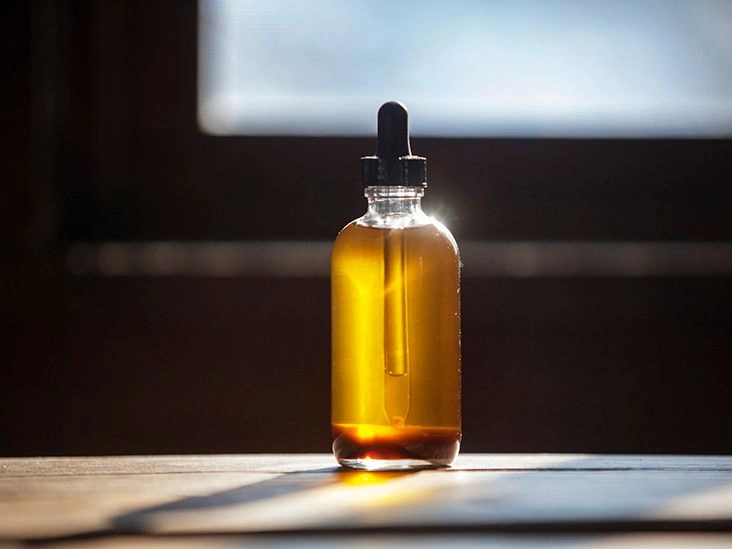
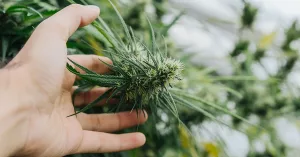
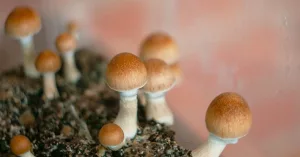


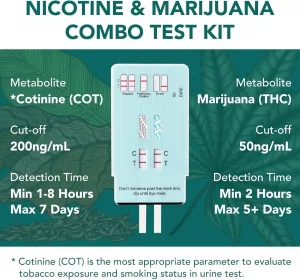
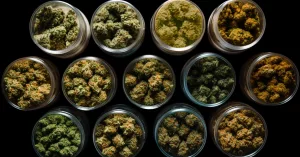

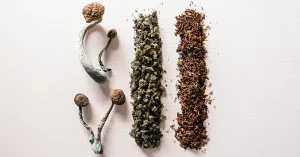















Leave a Reply
You must be logged in to post a comment.